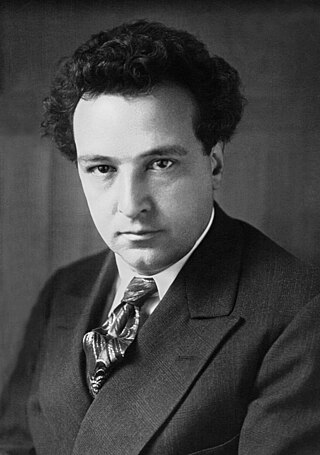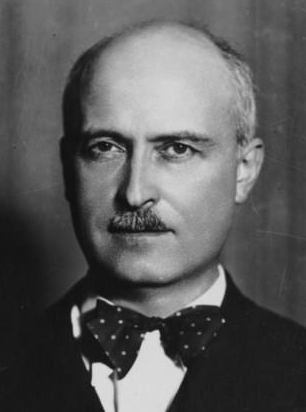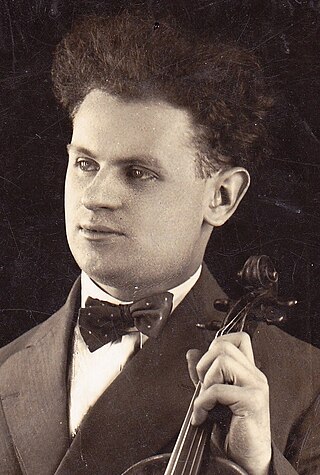Related Research Articles

Arthur Honegger was a Swiss composer who was born in France and lived a large part of his life in Paris. Honegger was a member of Les Six. For Halbreich, Jeanne d'Arc au bûcher is "more even than Le Roi David or Pacific 231, his most universally popular work".

Jacques François Antoine Marie Ibert was a French composer of classical music. Having studied music from an early age, he studied at the Paris Conservatoire and won its top prize, the Prix de Rome at his first attempt, despite studies interrupted by his service in World War I.

Alexander Tansman was a Polish composer, pianist and conductor who became a naturalized French citizen in 1938. One of the earliest representatives of neoclassicism, associated with École de Paris, Tansman was a globally recognized and celebrated composer.
Jean René Désiré Françaix was a French neoclassical composer, pianist, and orchestrator, known for his prolific output and vibrant style.

Louise-Marie Simon, pen name Claude Arrieu, was a prolific French composer. She wrote hundreds of works in varying formats, including stage works, concert works, and movie scores. She was also a teacher, and worked as a producer and assistant head of sound effects at French Radio.

Manuel Rosenthal was a French composer and conductor who held leading positions with musical organizations in France and America. He was friends with many contemporary composers, and despite a considerable list of compositions is mostly remembered for having orchestrated the popular ballet score Gaîté Parisienne from piano scores of Offenbach operettas, and for his recordings as a conductor.

Marcel François Paul Landowski was a French composer, biographer and arts administrator.

Jean Wiener was a French pianist and composer.
Henry Barraud was a French composer.
Maurice Jaubert was a prolific French composer who scored some of the most important films of the early sound era in France, including Jean Vigo’s Zero for Conduct and L'Atalante, and René Clair’s Quatorze Juillet and Le Dernier Milliardaire. Serving in both world wars, he died in action during World War II at the age of 40.
Marcel-François-Georges Delannoy was a French composer and critic. He wrote operas, ballets, orchestral works, vocal and chamber works, and film scores.
Gustave Cloëz was a French conductor who was particularly active at the Paris Opéra-Comique in the mid-20th century, and made a significant number of recordings, often accompanying major singers of the time.
Henri Martelli was a 20th-century French composer.
Pierre Wissmer was a 20th-century French classical composer of Swiss origin.
References
- ↑ "Maurice Thiriet". Olympedia. Retrieved 21 August 2020.